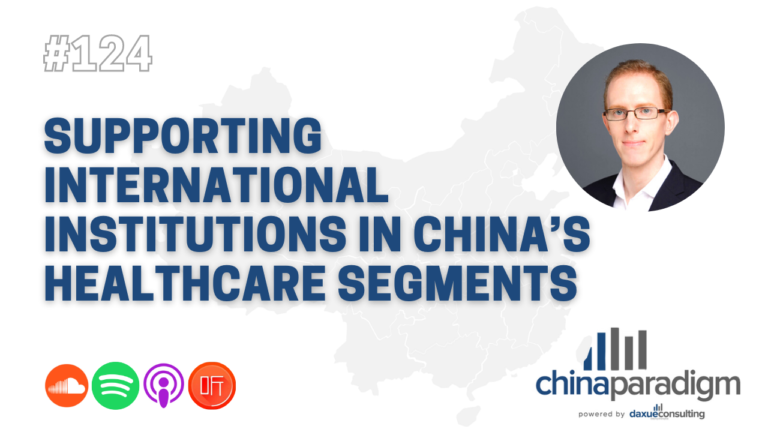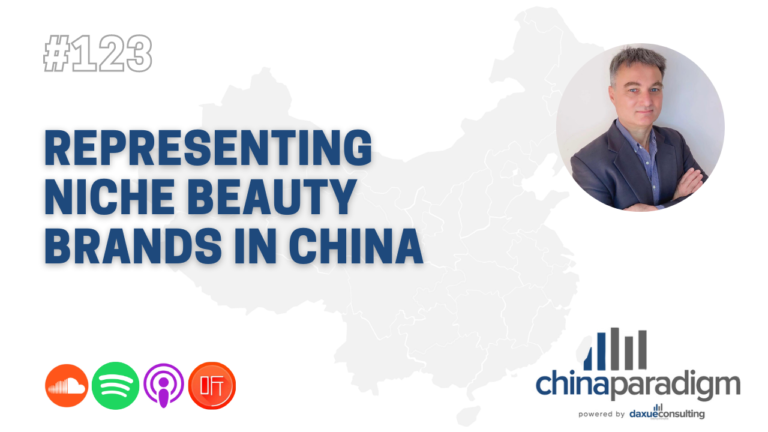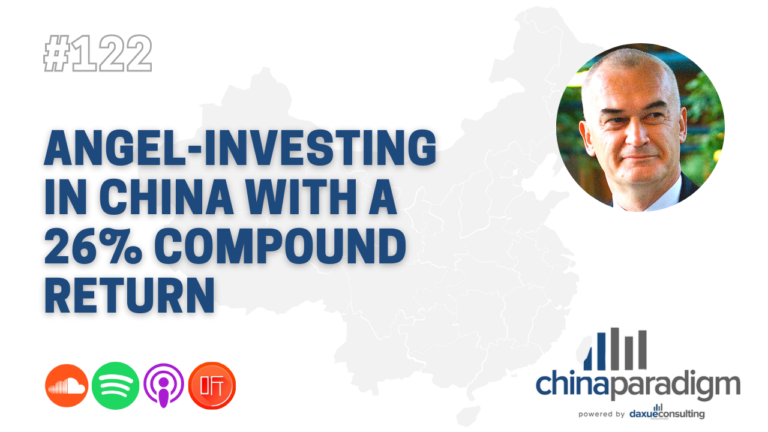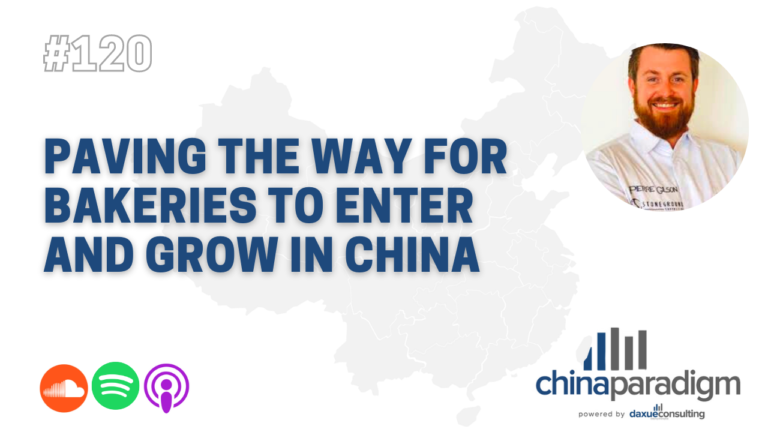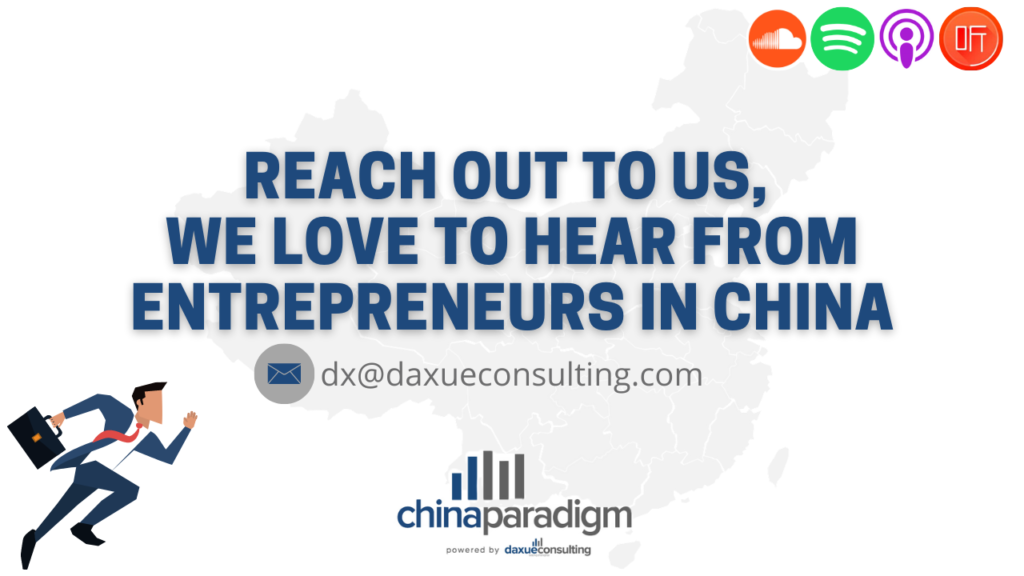Chinese mobile payment methods overseas
China Paradigm interviewed Annie Guo, the founder of SilkPay, to understand how foreign companies can attract and sell to Chinese consumers thanks to Chinese mobile payment, especially when they are traveling overseas.
Annie Guo, international entrepreneur willing to facilitate trade between China and Europe
Native from China, Annie Go did her studies in Paris where she arrived in 2001 to follow courses at HEC Business School. She also studied at the UNC Kenan-Flagler Business School in the United-States where she gets an MBA in business administration and finance. Then, she moved to London to work in the banking industry as the vice president of HSBC.
During a personal trip in 2015 to Beijing, she found out that she became a kind of a stranger to her own country because she realized everybody was paying with their mobile phone, with Alipay and Wechat Pay.
She explained that at this moment she could understand the pain that Chinese travelers feel when they come to visit Europe, not just because of the language barrier, but because they can no longer use their favorite way of paying. This is how Silkpay, a Chinese tech solution designed for Europe, was born.

SilkPay, a Chinese tech solution for European businesses
SilkPay is a partner of AliPay and WeChat Pay in China to educate the European merchants about this new way of paying. It enables them to sell to Chinese travelers in Europe. The project took off in 2016 and SilkPay was created in July 2017 in Paris. Present in 11 countries across Europe and with 500 merchants in France, this Chinese tech solution has been very successful.
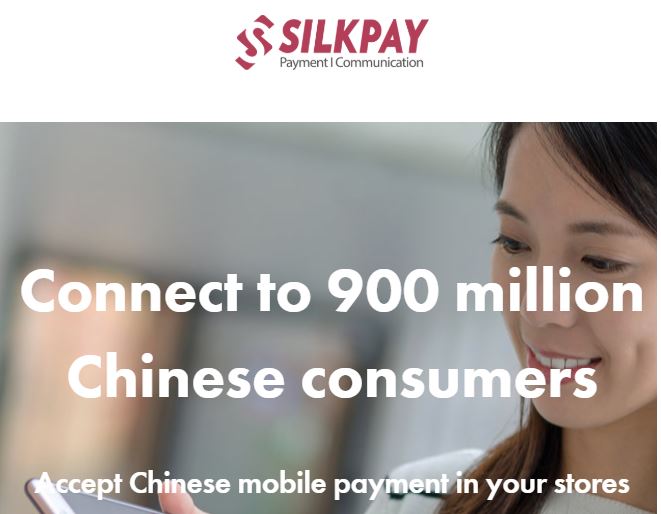
They have served 250,000 Chinese travelers in Europe with a monthly volume of payment above €5M in value. In 2018 the company also found French business angels to fund the project and raised about a €565,000.
In addition to processing the payment, SilkPay also offers a digital marketing service to help the merchants to increase their visibility among Chinese tourists and especially to make them loyal to their shops. For example, they set up accounts, help them to connect with AliPay and Wechat Pay, and create a static QR code for their shops.
Today SilkPay plans to cover more territories in Europe and outside of Europe by finding new partners.
How to promote French products with influencer marketing in China?
According to Annie Guo, this is a very complicated issue. KOLs on Xiaohongshu, Weibo, or Douyin are the most efficient ways for any brand to communicate with Chinese consumers but French companies find that the pricing charged by KOLS in China is too high. It’s many times more than the equivalent that stars of influencers will charge in Europe. It means that only big businesses or luxury brands can afford it in Europe. Otherwise, for a lot of Silkpay’s customers who don’t have high margins, they prefer to rely on their French image of quality.
Anyway, Silkpay’s founder believes that it is more impactful not to depend on influencer marketing in China to promote brands or products made in Europe: ‘‘Just by virtue of these products, it will speak for themselves.’’
Moreover, thanks to many different channels, Chinese travelers in Europe will soon be able to acquire as much knowledge and information about these products as European consumers.
‘‘With technology developing, the knowledge gap between the Chinese consumers and the rest of the world is actually narrowing quite rapidly.’’
However, today, because of the language barrier, the lack of simplicity, it remains hard to get enough information. That is why companies need to find out a new way of promoting their products in China and of facilitating trade between China and Europe.
Chinese mobile payment methods: Why is the Chinese government helping foreign businesses to do business with China?
‘‘Foreign businesses will always consider the Chinese consumer market as one of the most important ones in the world’’.
Today all foreign companies try to do business in China and to reach Chinese consumers. It means that if the government doesn’t allow them to have a transparent and quite favorite taxing system, these foreign businesses will go through Daigou.
‘‘Instead of encouraging Daigou, China just issued new laws to encourage foreign businesses to do things in a very transparent and legal way’’.
That is why, to encourage that, the taxes applied to this new cross-border business in China is not very high. So, people will not really risk the sanctions to do Daigou, which is an illegal business.
Another thing is that this cross-border business in China will build Chinese power globally because it closely links foreign brands to the Chinese interest.
‘‘Even the small producer of Bordeaux wine or a biscuit shop in Paris can feel the importance of China and the economic power behind it, that they couldn’t feel before.’’
Now they sense it, if there are some problems between Europe and China, the businesses in Europe will suffer from this, so that can be political pressure.
Listen to this episode here:





